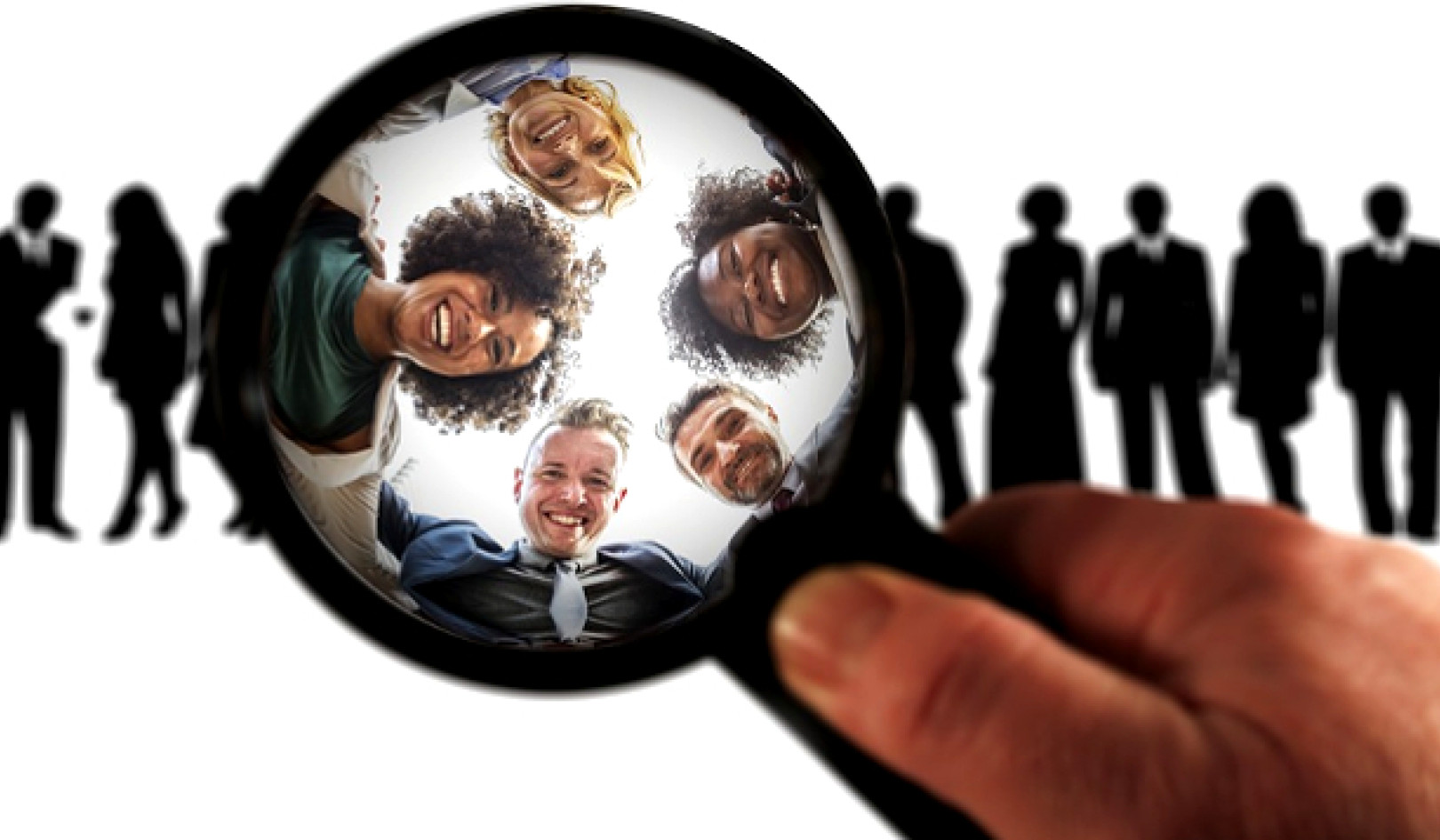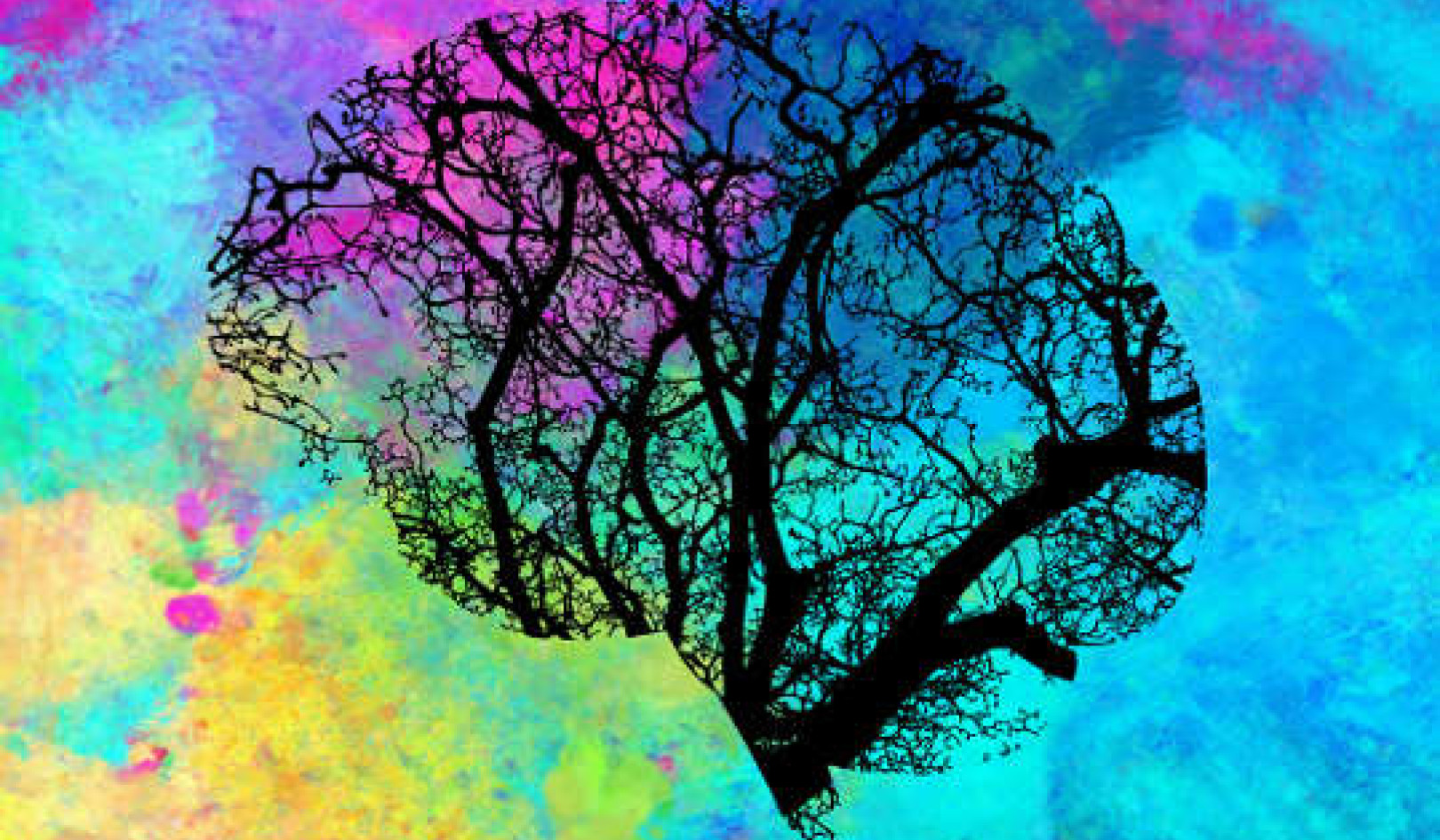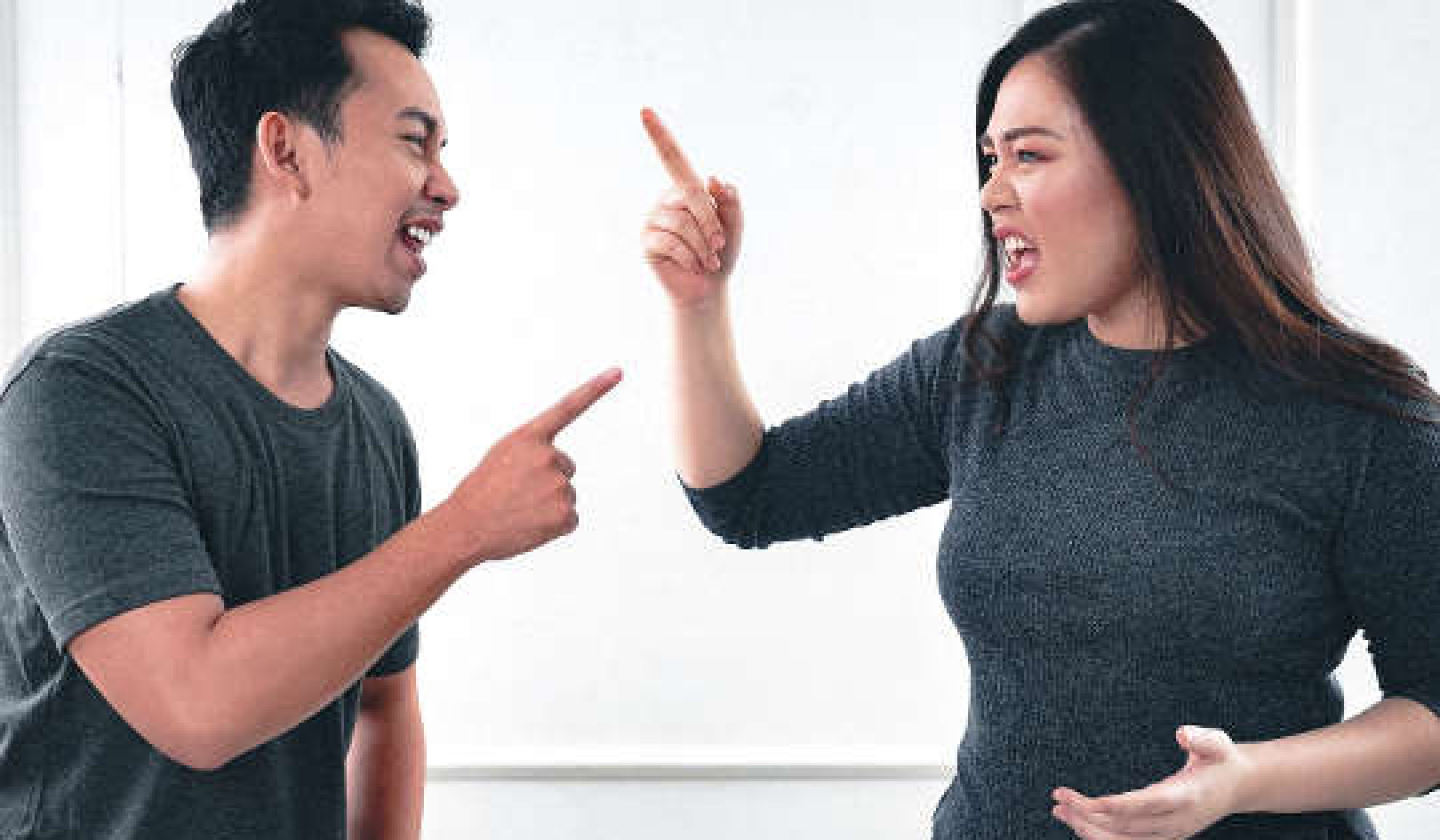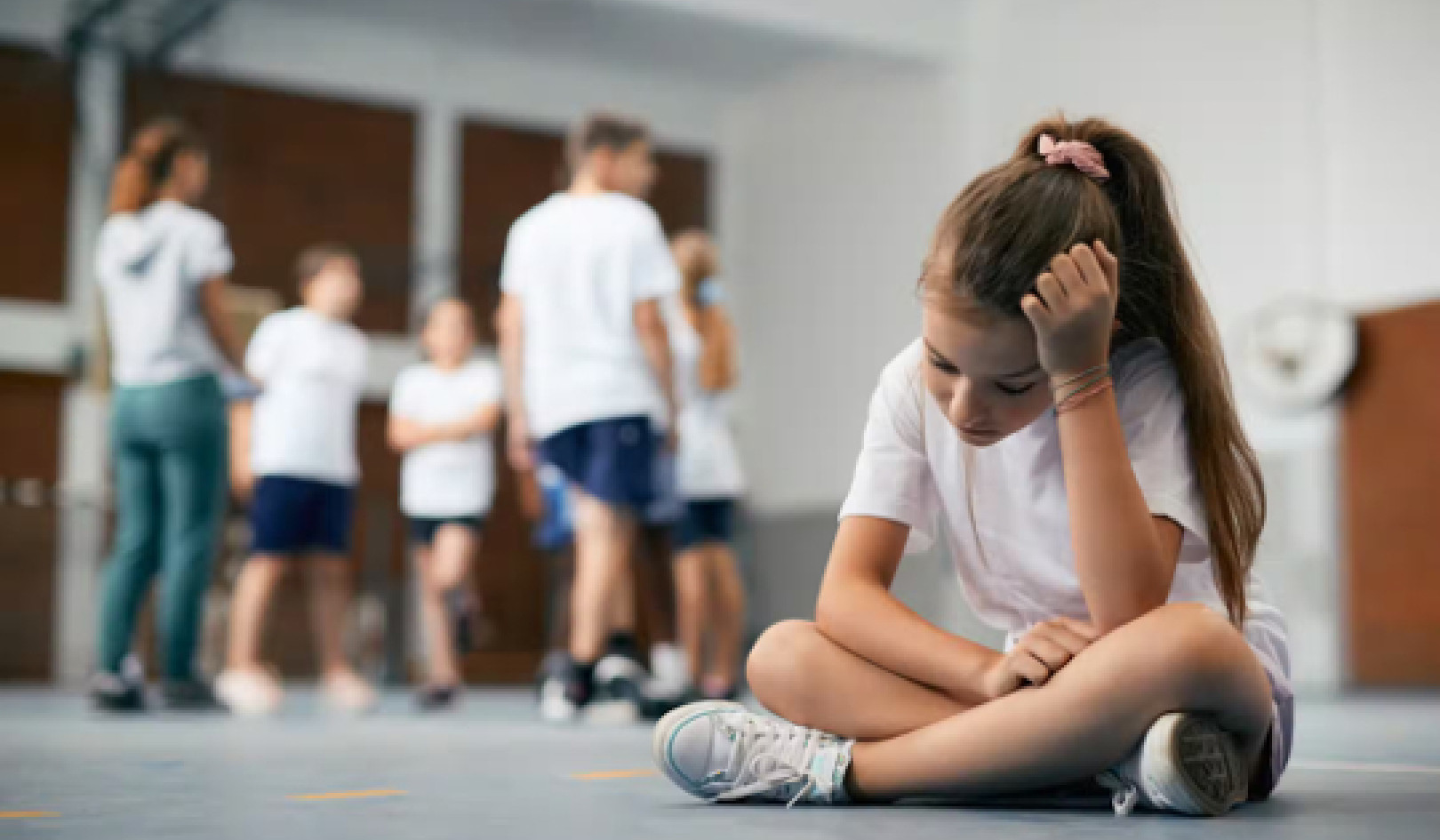
People are meant to live in communities. It is our nature; it is in our genes and in our jeans. Being connected with other people is crucial to our happiness. In essence, a “community” is simply any collection of people who are or feel connected, who help and depend on one another. People who are connected to a larger community are healthier and live longer. Thus, community is the foundation of longevity and happiness.
Empathy and Compassion Create Community
Two important things define happy people: Happy people are those who are connected with other people, and they are those who give to other people. This is no coincidence. These attributes are related, and it’s worth reflecting on how giving to others builds the connections and community that make us happy.
In a sense, community begins with empathy, or the ability to imagine what it means to walk in the shoes of another person, to put oneself in another’s place and to feel their needs. Life is harder when it’s tackled alone, and empathy is how we see that everyone shares common struggles. Others have needs just like us.
Compassion is what prompts us to help fix or fill the needs of others — to be considerate of others, so to speak. Of course, we often help others because those people pledge to help us, too. This is mutual aid, and there is nothing wrong with it. This also builds connections and communities, and it is sometimes called “enlightened self-interest.” A group of people promise to help one another, and everyone’s life is made easier.
Ultimately, though, the strongest communities are built on altruism or self-sacrifice. The Bible says there is no greater friendship than when someone lays down his life for his friend. While that may sound a little extreme and carried away, it’s really not. Thankfully, being a friend usually doesn’t require us to lay down our life or, as President Lincoln put it, to give our last measure of devotion.
But the spirit of giving, or true compassion, is defined by helping someone with no expectation of a reward. We give when we see a need, and we trust that, in our times of need, others will come to our aid. We treat everyone as part of our community and feel connected to anyone we meet.
PAUSE
What are some of the ways that people have helped you in your life? Think of the big things as well as the little things. Have people only helped when they knew you’d help them back, or have people sometimes behaved altruistically with you?
Don’t Seek Friends, Be a Friend
Let’s see how this comes together. We want to be happy, so we want to be connected to others in a community. Being connected means having friends, and this requires being a friend, which means giving and being considerate of others, which is the basis of community to begin with.
In other words, if you want friends, don’t seek people who are friendly to you. Be a friend first, which will create new friends among the people you meet. People who have lots of friends are people who are good friends to begin with; they are considerate of others and think of the needs and interests of others. This doesn’t mean you have to give up your own interests or practice self-denial. It just means being considerate, compassionate, equitable, and fair.
Now, this might sound like a lot of work. It means actively looking for ways to benefit others, with no guarantee they will help you. Besides, you, I, and everyone know that some people are “users.” They gladly take with no thought but themselves, and perhaps you have had it up to here with such people. If helping others is what it takes to be happy, perhaps you think it’s not worth it, and you don’t even want to be happy.
Then again, you don’t want to be alone. Sure, some people may let you down, and you may have to disconnect from those people. But if you treat others the way you want to be treated, then no matter what others do, you can feel good about yourself and your actions, which fosters eudemonic happiness. Remember, happy people are also lucky people, and Barbra Streisand had it just about right when she sang, “People who need people are the luckiest people in the world.”
Being a Good Citizen
We tend to define “our community” as the people who are closest to us: our family, friends, coworkers, and colleagues. Yet there are many types of communities: the organizations we belong to, the city and country we live in, and even the world, or the greater human community.
Being a “good citizen” means “giving” to those larger communities we are part of. Directly and indirectly, those communities support our lives, and so we “give back” to them, even if the people we are giving back to are largely strangers. We tend to forget how many strangers help us on any given day, but it’s good to be reminded.
An excellent illustration of this was a woman who had been coming to our treatment research program at UCLA for a couple of months. One day, she told us she was doing really great, not using street drugs; she was taking care of business and being responsible for herself. I asked her whether she thought she had become a better citizen, and she said, “Absolutely.”
I was surprised and asked her what made her so sure. She said, “Well, I used to be the biggest pain in the ass for the nearby hospital emergency rooms at UCLA and Cedars-Sinai. I would go to the ER and bother them for hours, refusing to go away until they gave me some drugs. I haven’t even gone to the ER once since I came to the program. I think I’m doing pretty good, don’t you?”
Well, I had to admit she made a very good point about being a good citizen. She was being considerate of the strangers in her wider community: doctors, nurses, and patients.
In a nutshell, that’s all being a good citizen is: being aware of what other people want or need and treating them with consideration and compassion. In daily life, this can be translated in all sorts of ways: avoiding road rage when someone cuts you off; letting the woman with the kid go ahead of you in the grocery store line. Or you can participate in more direct volunteerism: Join a walkathon, donate blood, feed the hungry, volunteer in a homeless shelter. One very satisfying way for recovering addicts to give back is to help other people who are trying to overcome addiction.
There’s more, too: Pay your taxes, vote, protest injustice, make your voice heard. And yes, don’t clutter up the ER. Don’t be a pain. Rather, seek to be a friend and a positive member of your community and of society.
PAUSE
Think of everything you do in your life. Who are some of the people you interact with on a daily basis? How might you make their lives easier, or more pleasant, as you go about yours?
Copyright ©2017 by Walter Ling, MD.
Reprinted with permission from New World Library
www.newworldlibrary.com.
Article Source
Mastering the Addicted Brain: Building a Sane and Meaningful Life to Stay Clean
by Walter Ling, MD
 Good intentions alone aren’t enough to break destructive habits. However, addiction can be managed once its true nature is understood. This simple yet profound guidebook takes you step-by-step through the process of building a life after addiction by adopting new behaviors that create lasting change.
Good intentions alone aren’t enough to break destructive habits. However, addiction can be managed once its true nature is understood. This simple yet profound guidebook takes you step-by-step through the process of building a life after addiction by adopting new behaviors that create lasting change.
Click here for more info and/or to order this book.
About the Author
 Neuropsychiatrist Walter Ling, MD, is a pioneer in research and clinical practice for science-based addiction treatment. Dr. Ling has served as a consultant on narcotic affairs to the US Department of State and the World Health Organization. He is Professor Emeritus of Psychiatry and the founding director of the Integrated Substance Abuse Programs (ISAP) at the University of California, Los Angeles.
Neuropsychiatrist Walter Ling, MD, is a pioneer in research and clinical practice for science-based addiction treatment. Dr. Ling has served as a consultant on narcotic affairs to the US Department of State and the World Health Organization. He is Professor Emeritus of Psychiatry and the founding director of the Integrated Substance Abuse Programs (ISAP) at the University of California, Los Angeles.
Related Books
at InnerSelf Market and Amazon



























